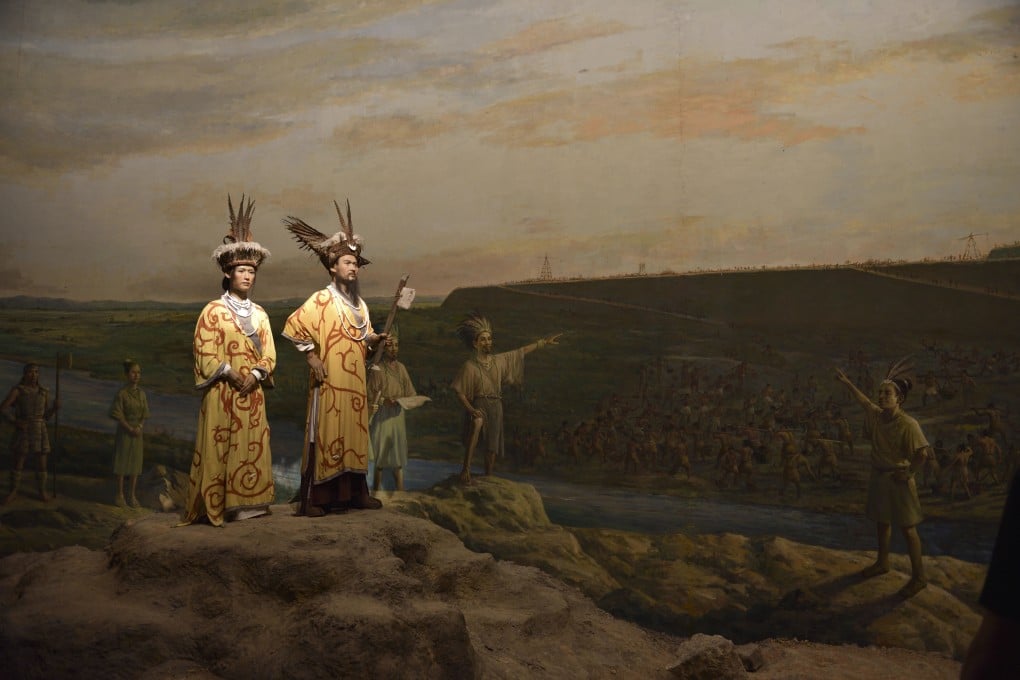Liangzhu: the 5,000-year-old Chinese civilisation that time forgot
The ancient city on the lower Yangtze delta, with its sophisticated system of waterways, is astonishing archaeologists and rewriting the history books.

Nearly five-and-a-half millennia ago, a bustling metropolis lay in the delta of the lower Yangtze, in what is now China’s Zhejiang province. You could enter on foot – there was a single road through the towering city walls – but most people travelled by boat via an intricate network of canals.
At its heart was a massive palatial complex built on a platform of earth. There were huge granaries and cemeteries filled with elaborately decorated tombs, while the water system was controlled by an impressive series of dams and reservoirs.
The inhabitants of this city, known today as Liangzhu, ruled the surrounding floodplains for nearly 1,000 years, their culture extending into the countryside for hundreds of kilometres. Then, around 4,300 years ago, the society quickly declined and its achievements were largely forgotten. It is only within the past decade that archaeologists have begun to reveal its true importance in world history.
Their startling discoveries suggest that Liangzhu was eastern Asia’s oldest state-based society and its infrastructure may have surpassed those of Egypt and Mesopotamia, thousands of kilometres to the west.

“There’s nothing in the world, from my vantage point, that is as monumental in terms of water management – or for that matter, any kind of management – that occurs so early in history,” says Vernon Scarborough, a professor of anthropology at the University of Cincinnati, in the United States.
One of the biggest chapters in humanity’s story, the birth of civilisation, may need to be rewritten.